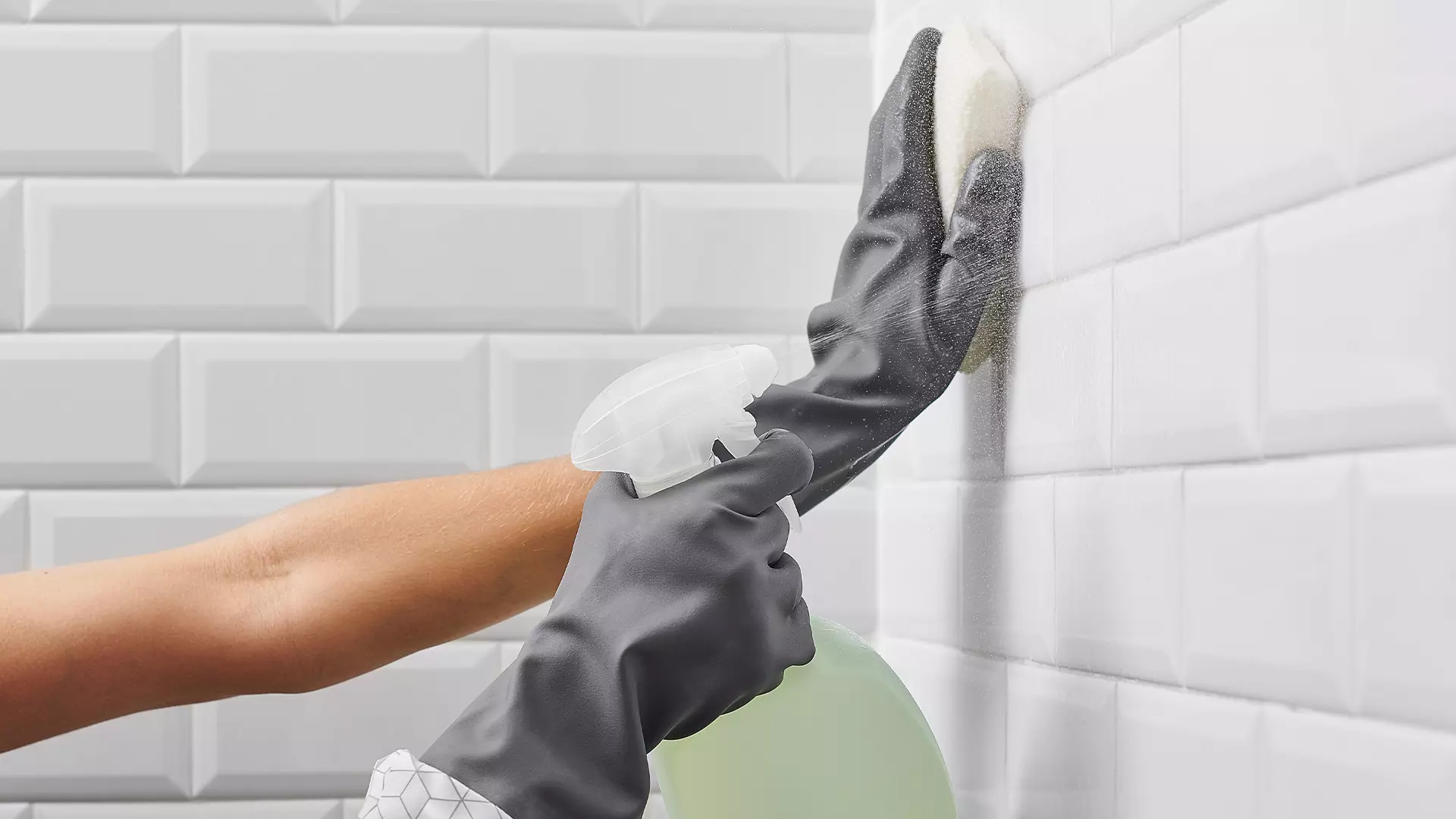When it comes to sealing your tile surfaces, the choice between traditional grout and epoxy grout can seem like a simple decision – but is it really that straightforward? You might be surprised to discover that the answer to whether epoxy grout is 100% waterproof is not as clear-cut as it may initially appear. Understanding the nuances of epoxy grout’s waterproofing capabilities and the factors that influence its efficacy could make a significant difference in your tiling projects.
Understanding Epoxy Grout Composition
- When assessing epoxy grout composition, it’s essential to understand the precise blend of resins and hardeners that form this specialized material. Epoxy grout offers numerous benefits that make it a popular choice for various applications. Its inherent waterproof properties make it ideal for use in areas prone to moisture and spills, such as bathrooms, kitchens, and swimming pools. The composition of epoxy grout consists of epoxy resin and a hardener, which, when combined, create a durable and impermeable substance.
- One of the key benefits of epoxy grout is its resistance to stains and chemicals, making it easier to maintain and clean compared to traditional cement-based grouts. Additionally, epoxy grout is highly durable, ensuring long-lasting performance even in high-traffic areas.
- When applying epoxy grout, it’s crucial to follow proper techniques to achieve optimal results. Ensuring thorough mixing of the resin and hardener and applying the grout evenly are essential steps in the application process. By understanding the composition of epoxy grout and utilizing the correct application techniques, you can take full advantage of its benefits and ensure a successful installation.

Waterproofing Properties of Epoxy Grout
- To fully grasp the waterproofing capabilities of epoxy grout, understanding its composition is crucial as it directly influences its impermeable nature. Epoxy grout consists of epoxy resins and hardeners, forming a highly durable and water-resistant material. When properly applied, epoxy grout creates a waterproof barrier that prevents water penetration, making it ideal for areas prone to moisture like showers, kitchens, and swimming pools.
- Grout application plays a vital role in maximizing the waterproofing properties of epoxy grout. Ensuring that the grout is applied correctly, with full coverage and proper sealing, enhances its ability to repel water effectively. Additionally, regular grout maintenance is essential for preserving its waterproofing capabilities over time. Periodic checks for any cracks or gaps in the grout and prompt repairs when needed help maintain its impermeable seal, preventing water damage and mold growth.
Factors Influencing Waterproof Capability
- In assessing the waterproof capability of epoxy grout, the formulation of the grout material itself plays a critical role. The effectiveness of epoxy grout in providing waterproofing largely depends on how well it’s applied. Proper grout application is essential to ensure that there are no gaps or voids left during the installation process. Any imperfections in the application can compromise the waterproof seal of the grout.
- Additionally, grout maintenance is another crucial factor influencing the waterproof capability of epoxy grout. Over time, grout can deteriorate due to various factors such as wear and tear, exposure to chemicals, or even mold and mildew growth. Regular grout maintenance, including cleaning and resealing when necessary, is vital to uphold the waterproof properties of the epoxy grout.
- Therefore, to maintain the waterproof integrity of epoxy grout, it’s imperative to pay close attention to both the initial grout application and subsequent grout maintenance routines. By ensuring proper application and timely maintenance, you can maximize the waterproof capability of epoxy grout in your tiling projects.
Comparing Epoxy Grout to Traditional Grout
- The waterproof capability of epoxy grout, a critical aspect influenced by application and maintenance, sets it apart from traditional grout in various ways. Epoxy grout offers significant benefits over traditional grout due to its impermeability to water, making it ideal for areas prone to moisture exposure like showers and kitchen backsplashes. Unlike traditional grout, which is porous and susceptible to water damage and discoloration, epoxy grout forms a waterproof barrier that prevents water penetration, reducing the risk of mold and mildew growth.
- However, epoxy grout also has its drawbacks compared to traditional grout. While epoxy grout is highly durable and stain-resistant, it can be more challenging to work with during the installation process due to its quick-drying nature. Additionally, epoxy grout tends to be more expensive than traditional grout, which can be a consideration for budget-conscious projects. Despite these drawbacks, the superior waterproofing capabilities of epoxy grout make it a popular choice for areas requiring maximum protection against water damage.
Tips for Enhancing Epoxy Grout Waterproofing
- Enhancing epoxy grout waterproofing involves implementing strategic sealing techniques to maximize its impermeability and longevity. When applying epoxy grout, ensure that it’s mixed thoroughly and applied evenly to all surfaces. Properly filling the joints and compacting the grout helps in creating a solid, waterproof barrier. It’s crucial to follow the manufacturer’s instructions regarding mixing ratios and curing times for optimal waterproofing performance.
- Regular maintenance is key to preserving the waterproofing properties of epoxy grout. Routine cleaning using pH-neutral cleaners helps prevent the buildup of dirt and grime, which can compromise the grout’s waterproof seal. Additionally, inspecting the grout for any cracks or gaps and promptly repairing them will prevent water from seeping through and causing damage. Periodically resealing the grout will also reinforce its waterproofing capabilities and extend its lifespan. By following these application techniques and maintenance requirements, you can enhance the waterproofing of epoxy grout and ensure its long-term effectiveness.
Conclusion
In conclusion, epoxy grout isn’t 100% waterproof, but it does offer superior waterproofing properties compared to traditional grout. Factors such as proper installation, maintenance, and the use of sealants can further enhance its waterproof capability. Understanding the composition and limitations of epoxy grout is essential for ensuring its effectiveness in wet environments. Consider these tips to maximize the waterproofing potential of epoxy grout for your tiling projects.